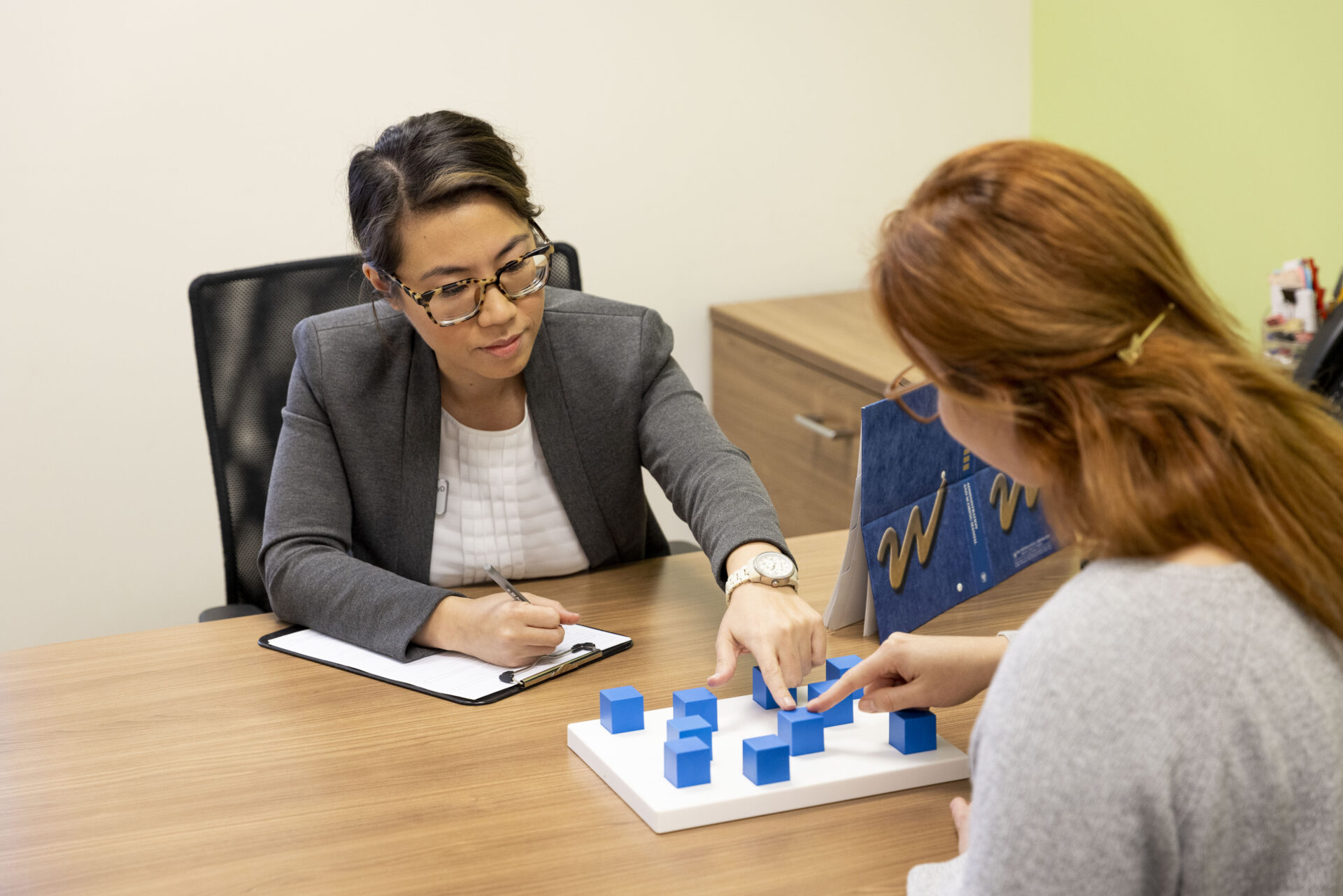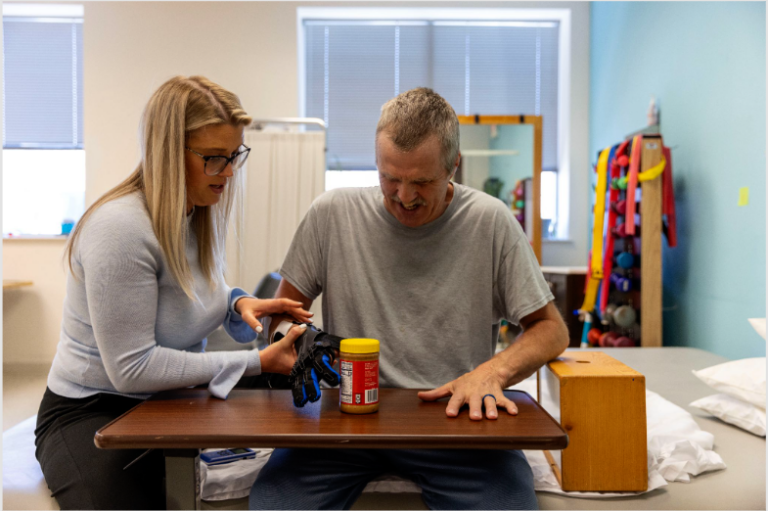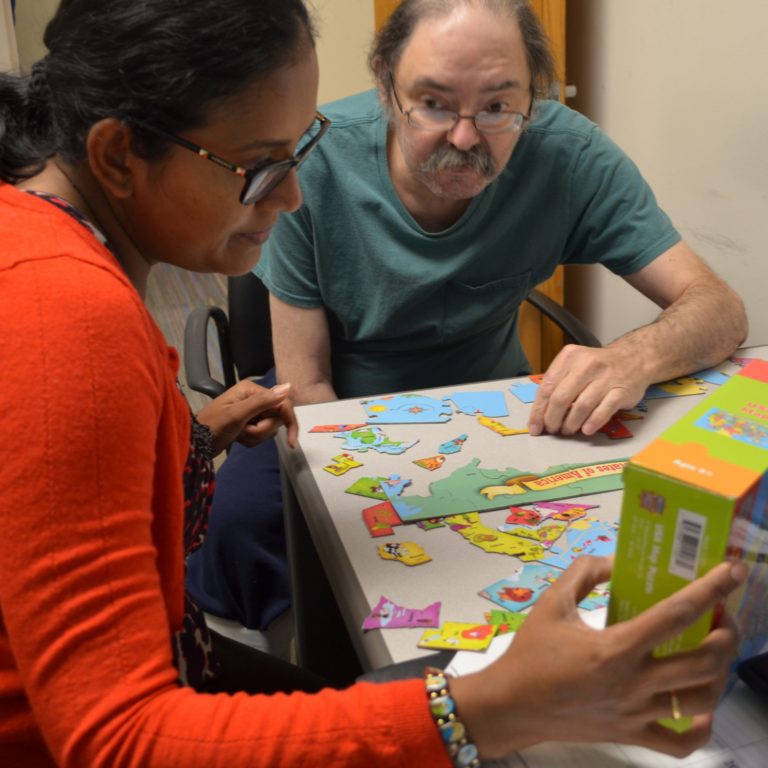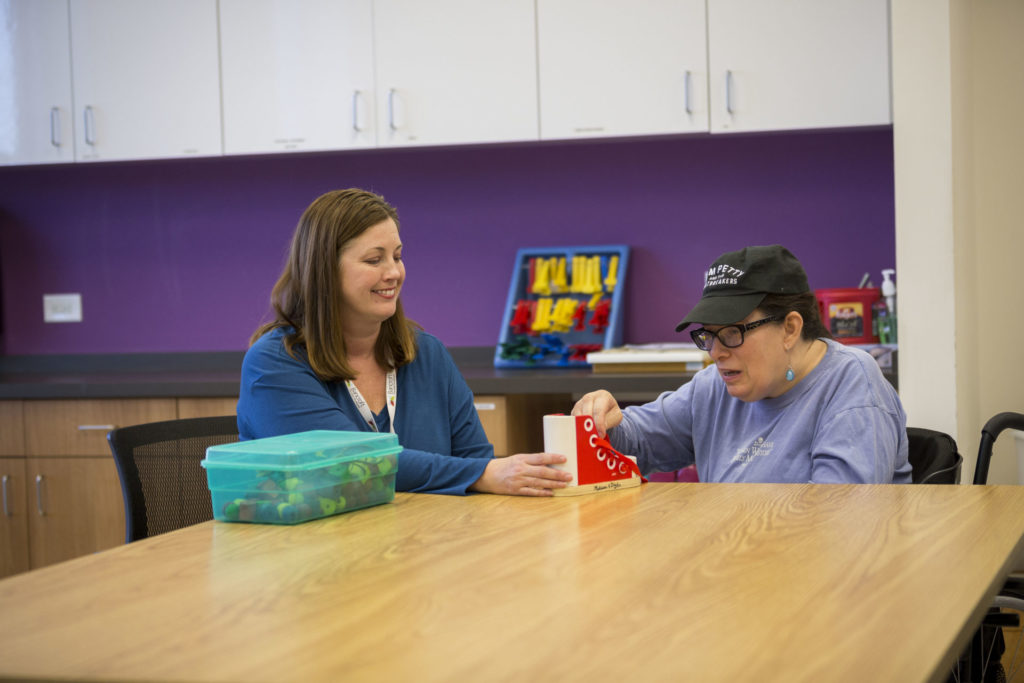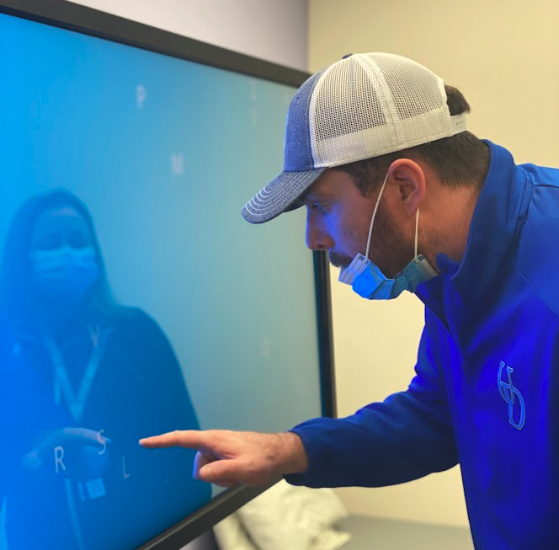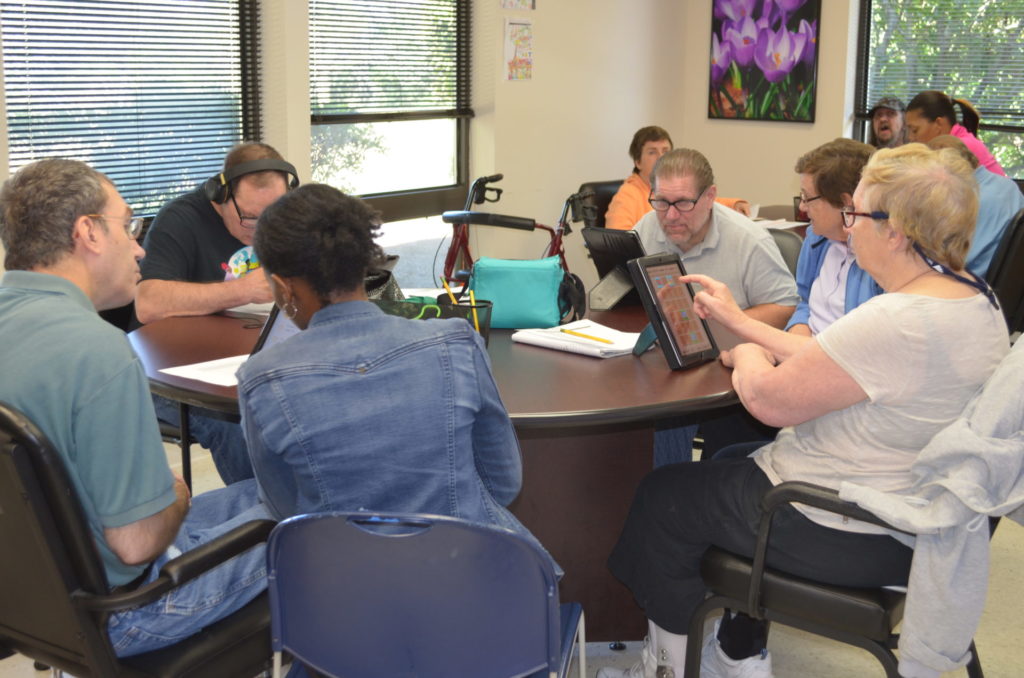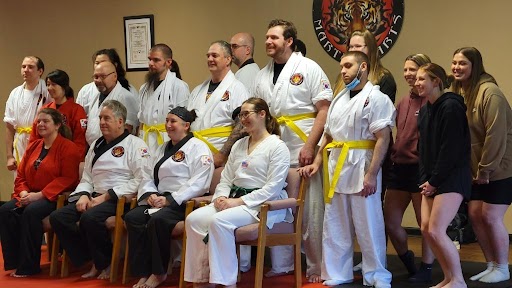In the world of brain injury recovery, where challenges can be numerous, a recent study has unveiled a potential game-changer—taekwondo. Eight individuals supported by Bancroft NeuroRehab’s residential rehabilitation program have participated in a pair of eight-week studies, exploring a community-based taekwondo program tailored for individuals with a chronic acquired brain injury. The ongoing study looks at how taekwondo can affect social and community connectedness, balance, attention and focus, and overall quality of life.
A Kickstart to Cognitive Health
Survivors of brain injury face enduring physical and cognitive hurdles and finding ways to stay motivated in rehabilitation can be challenging. Exercise, as this study affirms, is a powerful ally in the realm of brain injury recovery. While certain styles of martial arts have been used in practice for individuals with neurologic deficits (tai chi or qigong), the “hard” style of taekwondo, was previously unexplored in this population. Like a well-executed kick breaking through barriers, taekwondo brought qualitative improvements observed by care teams and families alike.
“We were able to see improvements in as early as two weeks in some cases,” says Carolyn Tassini, PT, DBT, CBIST Bancroft NeuroRehab Rehabilitation Supervisor. “We believe that part of the success is that participants were able to take more risks than when they were just in a clinical setting. The fact that this was community-based made all the difference and right now there are just not enough opportunities like this.”


Beyond the Dojang: Real-world Impact
The positive impact extended beyond the confines of the taekwondo studio.
- Participants exhibited heightened initiation and alertness in rehabilitation therapies, fostering a holistic approach to recovery.
Social engagement with peers in therapeutic day treatment programs mirrored the camaraderie of a dojang, creating a supportive community.
Family members of participants also noted improvements in balance, memory, and overall mood.
Belting Up: A Celebration of Achievements
At the end of each eight-week session participants are awarded their new taekwondo belts if they’ve passed a series of tests. Those tests included sparring with the instructor, counting to ten in Korean, answering a series of questions, and ended with breaking a wooden board with their hands. In late November 2023, all members of the most recent cohort of participants did just that, marking not just a physical achievement but a symbolic representation of their journey.
This taekwondo program stands as a testament to the potential for unconventional interventions bringing about transformative change for individuals living with a brain injury.
Want to read more about the study? Click here to read the research poster!
Related Articles
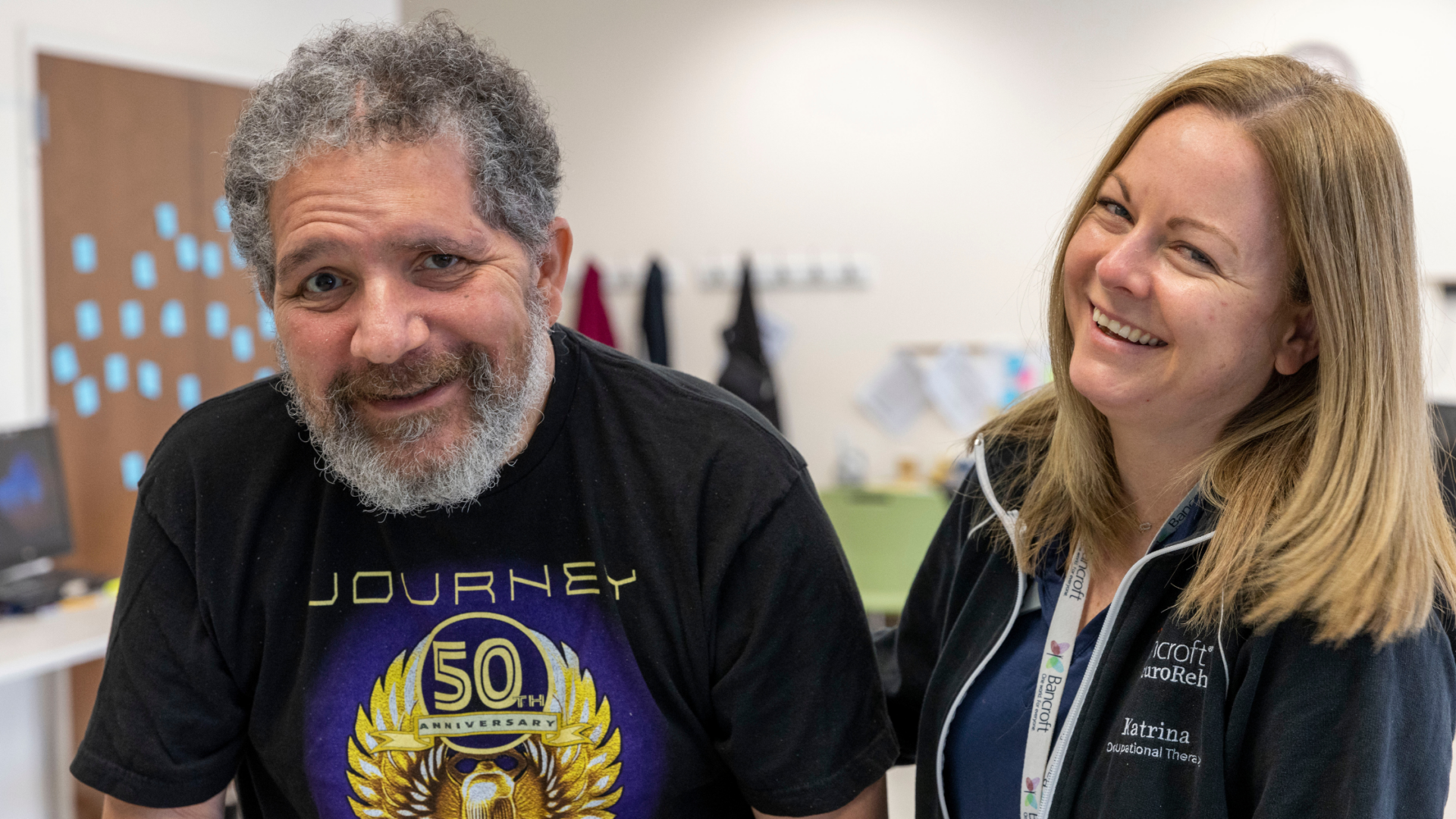

What is Aphasia?
Michelle Valente, M.A., CCC-SLP, Bancroft NeuroRehab Outpatient Program Director and
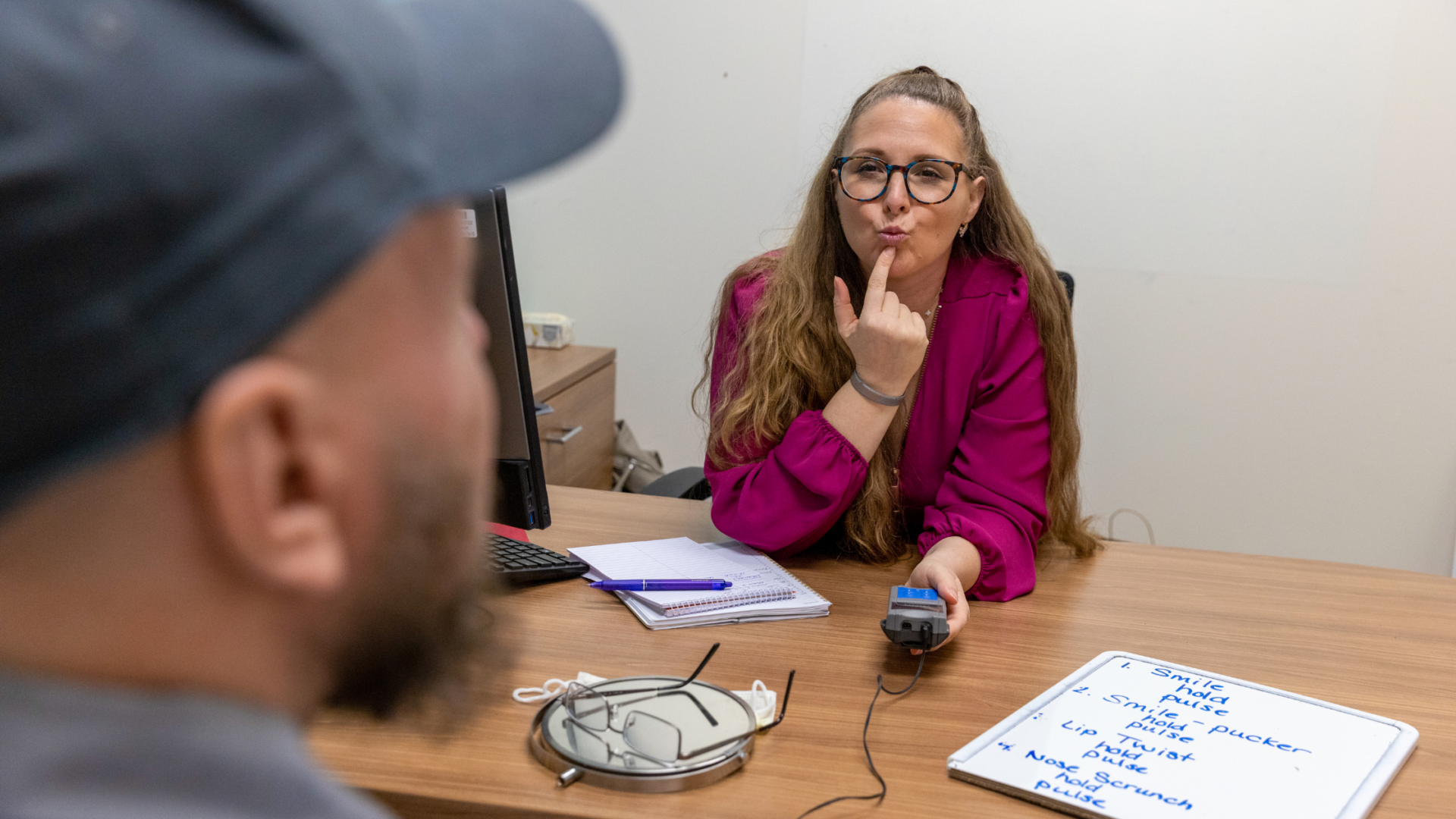

10 Tips for Supporting a Loved One with Aphasia
Learn practical ways to support a loved one with aphasia
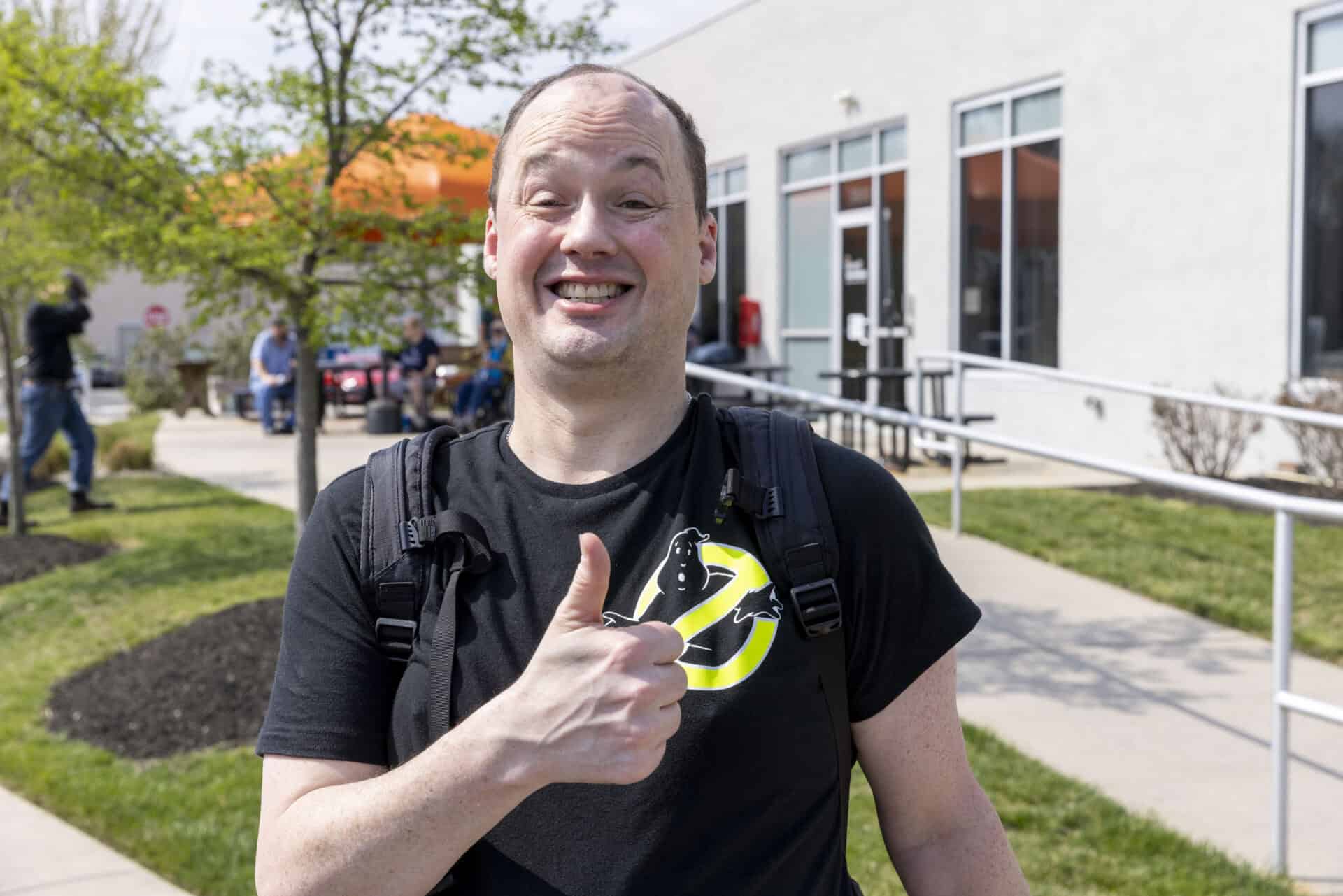

Home Therapy Made Simple: Practical Tips for Stroke Recovery
Recovery doesn’t stop when formal therapy ends. In many ways,



